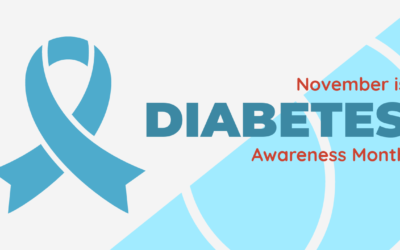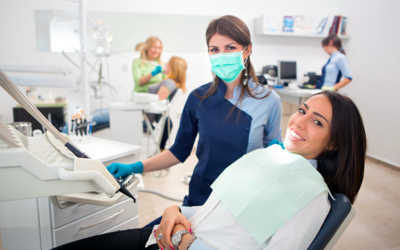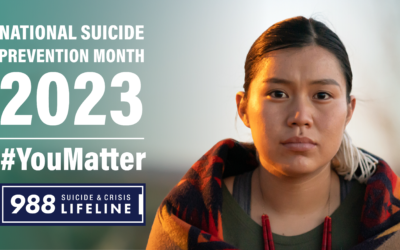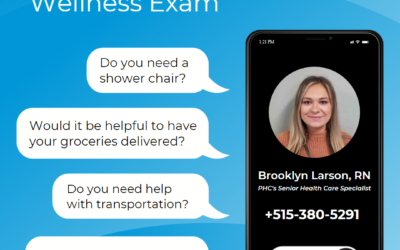Measles is a serious illness that spreads easily — especially among kids and people who aren’t vaccinated. The best way to protect yourself and your family is by getting the MMR vaccine.
🛡️ What Is the MMR Vaccine?
The MMR vaccine protects against measles, mumps, and rubella. These are three diseases that can make people very sick. Some children may also get the MMRV vaccine, which includes chickenpox protection, too. Most people who get the MMR vaccine are protected for life!
👶 When Should Kids Get the MMR Vaccine?
Children need two doses of the MMR vaccine:
- 1st dose: When your child is 12 to 15 months old
- 2nd dose: Between 4 and 6 years old
If your child hasn’t had both doses, it’s not too late — they can still catch up!
👨👩👧 What About Teens and Adults?
Older kids, teens, and adults also need the MMR vaccine if they didn’t get it as children or don’t have proof they are immune.
Most people will need one or two doses, given at least 28 days apart. If you’re not sure if you had the vaccine, your doctor can help.
✈️ Traveling Soon?
Going outside the U.S.? Measles is more common in some countries.
- Babies 6–11 months old should get 1 early dose before traveling
- They’ll still need 2 more doses after they turn 1
- Older kids and adults should make sure they’re fully vaccinated before they travel
💙 PHC Makes It Easy to Stay Protected
At Primary Health Care (PHC), we provide vaccines for kids and adults. Our friendly team can check your records and help you get up to date.
✅ We accept Medicaid, Medicare, and all insurance plans
✅ No insurance? No problem — we offer a sliding fee scale based on your income
✅ No one is turned away, no matter what
Find a PHC clinic near you at phciowa.org/location or call us to make an appointment.
👩⚕️ Questions?
If you’re unsure whether you or your child needs the MMR vaccine, talk to your PHC provider. We’re here to help keep your family safe and healthy.
🧠 Sources:
- CDC – MMR Vaccine Information
- CDC – Travelers’ Health: Measles
Related Posts
National Diabetes Month
National Diabetes Awareness Month, observed throughout November, is an opportunity to shed light on a condition that affects millions of people worldwide. Knowing what the risk factors are, what to look for, and what you can control are important things to know. There...
Seniors on Medicare: Let’s Chat!
Did you know Medicare patients are eligible to receive an annual wellness exam for free? It’s not a physical exam, but a 30 to 60 minute phone call or virtual meeting to discuss your health goals and ensure you are receiving the care you need. You’ll chat with PHC’s...
Tips for Getting a Mammogram
Did you know breast cancer is the most commonly diagnosed cancer among U.S. women? According to breastcancer.org, about 30% of all newly diagnosed cancers in women each year are breast cancer. With October being Breast Cancer Awareness Month, PHC is striving to raise...
October is National Dental Hygiene Month
October is National Dental Hygiene Month, bringing awareness to the importance of oral health and providing the opportunity to celebrate PHC’s stellar dental hygienists! Good oral hygiene is an essential component to our overall health and well-being. According to the...
We Can All Prevent Suicide
September is Suicide Prevention Awareness Month, providing an opportunity to shed light on a life-saving resource available to individuals experiencing suicidal crisis or mental health-related distress. The 988 Suicide & Crisis Lifeline, formerly known as the...
Seniors on Medicare: Let’s Chat!
Did you know Medicare patients are eligible to receive an annual wellness exam for free? It’s not a physical exam, but a 30 to 60 minute phone call or virtual meeting to discuss your health goals and ensure you are receiving the care you need. You’ll chat with PHC’s...






